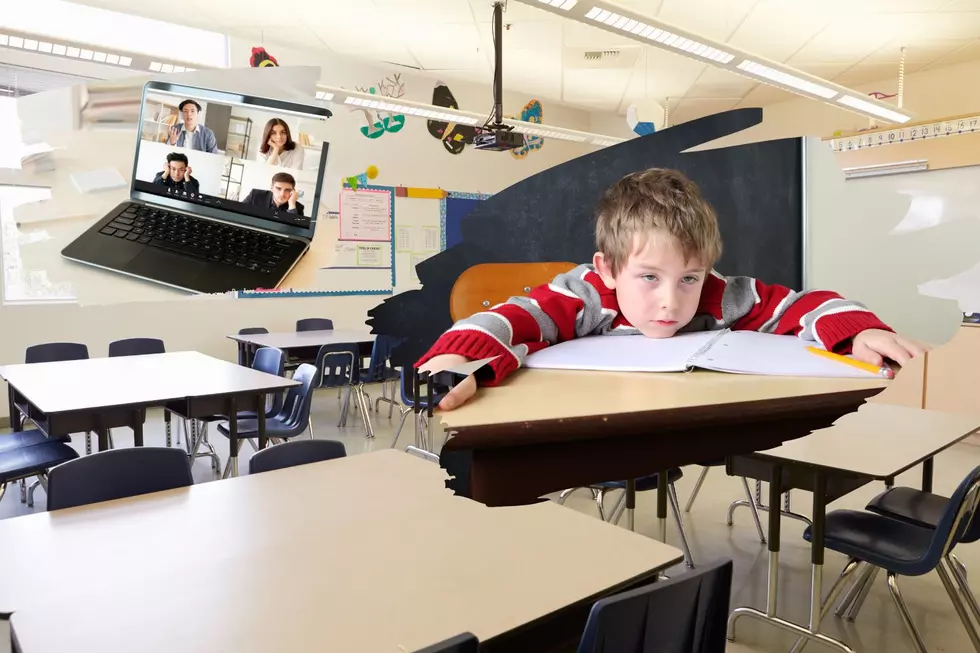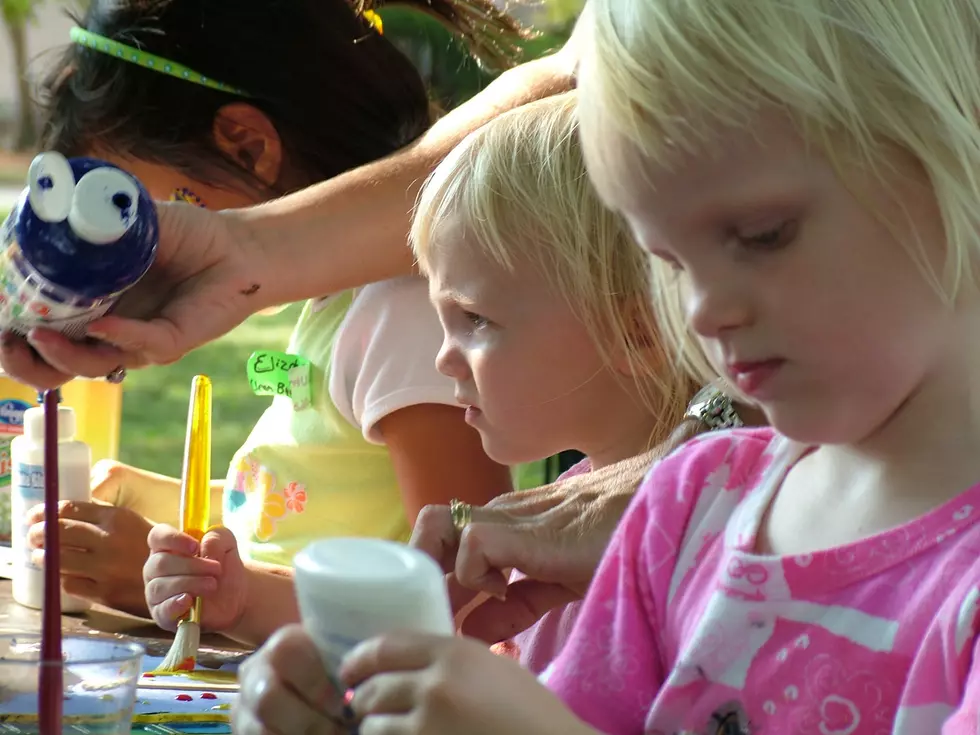
Learning loss could be catastrophic in NJ schools
Education experts have been warning for months about the severe toll nearly two years of remote and hybrid learning has taken on New Jersey school kids.
Gov. Phil Murphy's administration has refused to release the results of standardized testing done in Spring of 2022 without explanation.
However, the Newark Public School officials have released their own results. If they are any indication of student performance statewide, there is reason to be alarmed.
In Newark, Math proficiency dropped by half, to below 13%. Literacy fell to just over 26-percent.
Urban districts do typically underperform due to a variety of factors, but if most districts see a similar downturn, it could signal an even greater crisis than was feared.
During an Assembly budget hearing in April, some lawmakers questioned whether the state education department has a robust plan to deal with learning loss.
Acting Education Commissioner Angelica Allen-McMillan admitted there was a problem as she discussed results of the Start Strong assessments that students took last September. She said, on paper, the results looked "abysmal" and "sad."
"But we do see the opportunity there to continue to advance learning in creative ways, which our districts have done well since their inception," Allen-McMillan said, "To move students forward and help them reengage in a learning environment."
Assemblywoman Nancy Munoz, R-Union, called the Start Strong results “pretty frightening” and said some kids are two years behind. She said teachers are going to be asked to teach both their grade and the one prior and that she's not clear on the state's learning-loss plan, even after Allen-McMillan’s testimony.
Using those early test results, many districts already started corrective action.
From tutoring to reduced class sizes and accelerated learning, school officials from a number of districts testified in October they were doing everything possible to catch students up.
"Last year represented a first step towards what will be a long recovery period," said Rachel Goldberg, superintendent of Springfield Public Schools.
Goldberg noted that some students were able to maintain academic progress during a shaky period of remote learning or hybrid instruction, but others experienced significant hardships.
"I hope we make this narrative about recovery, not only academic but also the emotional recovery of our families and students," Goldberg said. "Let's not be sucked into a narrative about failure, but rather, what schools need to support our students."
One obstacle to accelerated learning is finding qualified teachers to do the work, according to a number of people who testified before the Assembly panel.
Sen. Shirley Turner, D-Mercer, has been pushing a plan to allow certain districts to extend the school day or the school year to offer catch-up classes.
Her bill would establish a three-year pilot program within the Department of Education that would award funds, on a competitive basis, to districts with students demonstrating a high level of need for academic support.
However, without the state releasing the full district-by-district data on the most recent standardized testing, it is hard to gauge exactly where and in what districts the learning loss of most severe.
The Murphy administration has not explained a reason for the delay in releasing that data, or given a time frame for it to be made public.
New Jersey 101.5 aired a special Town Hall broadcast on learning loss, you can view a replay here.
Eric Scott is the senior political director and anchor for New Jersey 101.5. You can reach him at eric.scott@townsquaremedia.com
Click here to contact an editor about feedback or a correction for this story.
carbongallery id="63508bf50388634863c5962c"]
25 costliest hurricanes of all time
LOOK: The most expensive weather and climate disasters in recent decades
More From Beach Radio






